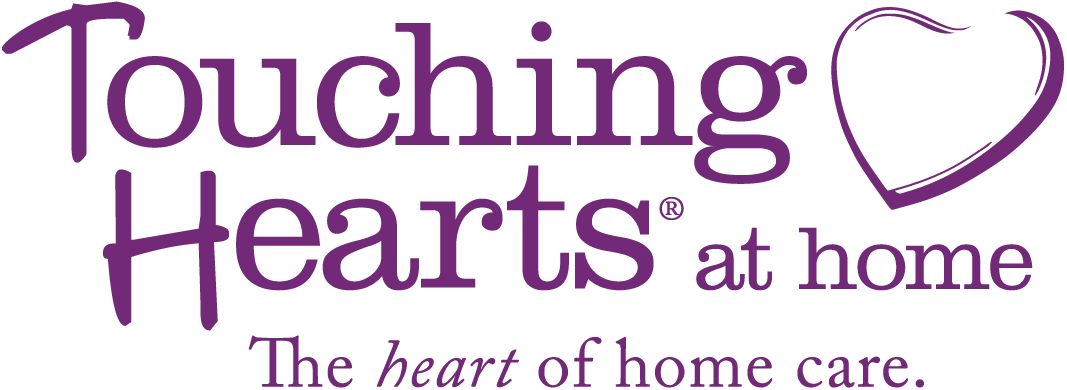As one of the most essential yet strained segments of healthcare, the direct care workforce is not […]
Home care agencies face the challenge of being profitable while attracting, training, and retaining quality talent. Understanding how much budget to allocate for caregiver salaries is an important part of long-term forecasting and profitability.
So how much does a caregiver make? There’s no single answer to that question, but in this post, we’ll talk about the factors that influence caregiver salary and how to offer competitive salaries while maintaining profitability.
Understanding Care Costs
Agencies that understand care costs can better project appropriate caregiver pay, as well as manage expectations for customers and families about the overall cost of home care.
The cost of healthcare, particularly after retirement, is significant. On average, retirees spend $4,400 on annual healthcare expenses including health insurance premiums, over-the-counter drugs, doctor visits, dentist visits, and prescriptions.
These costs increase as people age, averaging $6,600 for people 85 and over. This includes costs for recurring health care services/predictable care (e.g., your annual physical). They don't include non-recurring services like hospital stays or outpatient surgery. They also don't include expenses associated with long-term in-home care or nursing home care.
Unpaid family caregivers often fill in care gaps, spending about $7,200 per year on out-of-pocket expenses related to care. This doesn't include lost wages, productivity, and other indirect costs.
Understanding Reimbursement Rates
The Centers for Medicare & Medicaid Services (CMS) approved a 0.8% increase in home health payments for 2024. However, home care providers are bracing for potential cuts to reimbursement rates later in the year, as the CMS claims it overpaid home care agencies in years 2020-2022.
A significant cut in reimbursement rates could influence how much agencies are able to pay their caregivers.
Types of Caregivers
Salaries for caregivers vary based on skill level. Salaries may also vary based on state minimum wage laws.
Custodial caregivers
Average pay: $14/hour (median)
When most people think about caregivers, they think of someone providing custodial care. Custodial caregivers assist with the activities of daily living (ADL). Tasks can include helping someone bathe, eat, and get dressed.
Providers of custodial care might be a personal care aide, live-in caregiver, or a family member. Professional custodial caregivers typically require few training hours, and their average salary is lower than caregivers who have additional or specialized training.
Home health aides
Average pay: $15.80/hour; $4,000 annual overtime pay
Home health aides (HHAs) have training in working with people who have chronic illnesses, disabilities, or cognitive impairments. They often work for agencies and provide services like wound care, checking vital signs, and managing medications.
Skilled caregivers
Average pay: $19/hour (certified nursing assistant average base salary)
Skilled caregivers are licensed health professionals like registered nurses and physical therapists that work for home health agencies and long-term care (LTC) facilities. They provide services like physical therapy, changing wound dressings, administering IV medications, and giving injections.
Caregivers with specializations — like a dementia care certification — typically have a higher average salary than workers who have no advanced certifications.
How to Be More Profitable
Managing the cost of salaries is just one part of remaining profitable while providing professional caregiving services. Here are some approaches that can help you cut costs and increase revenue.
Improve caregiver retention
Replacing just one staff member can cost as much as $41,000/year. Improving retention rates by even a small percentage can have a big impact on your bottom line. Caregiver pay is a key factor in retaining employees — it’s so important that we created a webinar focused on keeping your caregivers happy.
Consider other benefits
While competitive salaries are important for recruiting and retaining caregivers, consider offering benefits that work for your budget and appeal to workers who value flexibility and support. For example, instead of boosting starting salaries for HHAs, you could offer perks like flexible hours, part-time work instead of full-time employment, or even child care assistance.
Grow talent from within
If you’re planning to expand your services in the future, growing talent from within can be an affordable way to scale. For example, if you think you’ll need a caregiver who specializes in Parkinson’s disease care but don’t have the budget to hire someone with that credential, you could hire a motivated employee and pay for their Parkinson’s-specific training.
Get more clients without spending on advertising
Seek friend/family referrals and work with other businesses to cross-promote your services. You should also focus on optimizing your online presence as part of your home care marketing strategy.
Maximize cash flow with prepaid retainers
Set up a system where customers pay for services in advance. You could require pre-payment for a fixed number of hours of care per week. That guarantees payment for the time your caregivers are on the clock.
Use tiered pricing models
Tiered pricing incentivizes clients to pay for longer periods of care. For example, you could charge a lower hourly rate for customers who sign 6-month versus 3-month agreements. You could also charge a higher or lower rate based on the level of care required (e.g., skilled versus custodial care).
Turn your business into a premium brand
Work on establishing your company as a leading home care service provider. Building a roster of positive customer reviews is one way to do this. You should also ensure that your caregivers are well-trained and certified, and that caregiver pay is competitive. Premium brands are trusted brands, meaning you can charge more than your competitors.
Improve customer retention
Home health care is a competitive field, and dissatisfied clients can easily choose a different provider. Retain customers by providing excellent customer service.
Level Up Your Caregiving Training
Looking to get your caregivers trained quickly? CareAcademy offers state-approved online courses for non-medical caregivers, HHAs, and skilled caregivers.
We have an innovative training model to train and certify new HHAs, continuing education for CNAs, and ANCC-accredited continuing education that meets state requirements for OTs, PTs, RNs, LPNs, and LVNs. Contact us to book a demo today.






